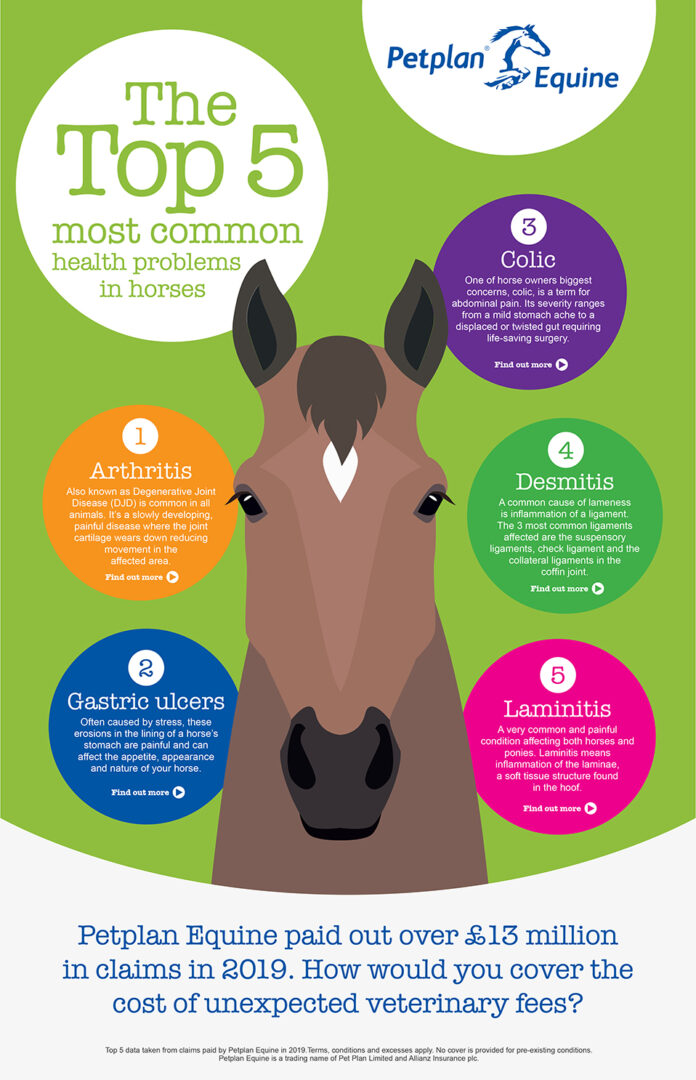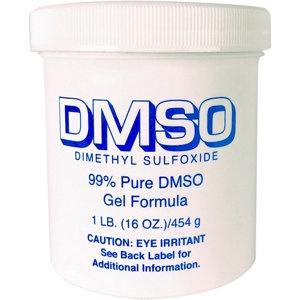Equine Diseases
Horses are more than just animals; they’re companions, athletes, and even family members. Thus, keeping them healthy is paramount. Let’s delve into common equine diseases, their symptoms, and effective preventive strategies.
Spotting Signs: Identifiable Symptoms of Equine Diseases
Firstly, vigilance is your best friend. Often, early signs include abnormal behavior or changes in eating habits. Additionally, watch for coughing, nasal discharge, lameness, and weight loss. These may indicate various health issues, from respiratory infections to arthritis.
Equine Influenza: The Horse Flu
Influenza is notorious in horse communities. Characterized by high fever, coughing, and nasal discharge, it spreads like wildfire. Therefore, vaccinating is imperative. Consult your veterinarian for a vaccination schedule tailored to your horse’s needs.
Equine Herpesvirus: Not Just a Cold Sore
Herpesvirus in horses is more severe than in humans. It may cause respiratory problems, abortion, or even paralysis. Prevention involves isolation of infected animals and sterilization of equipment. Furthermore, regular vaccination can control the spread.
Laminitis: The Silent Pain
Laminitis is a severe foot condition causing lameness. Symptoms include reluctance to move and a strong digital pulse. Preventing laminitis requires proper hoof care and balanced nutrition. Consequently, consult a farrier and veterinarian to ensure your horse’s well-being.
Strangles: The Contagious Nightmare
Strangles is a highly contagious bacterial infection. Signs are similar to human tonsillitis: fever, pus-filled abscesses, and difficulty swallowing. Isolate affected horses immediately. Antibiotics are usually the go-to treatment, but consult your vet for the best course of action.
Colic: The Equine Abdominal Crisis
Colic denotes abdominal pain in horses, often due to digestive issues. Preventive measures include a balanced diet, consistent feeding schedule, and frequent vet checks.
Preventive Paradigm: Key Measures
Staying ahead of diseases is your best strategy. Regular vet visits, vaccinations, and proper care can save both time and heartache. Importantly, quarantining new or sick horses prevents contagion. Above all, maintain a clean stable; hygiene cannot be overstated.
Final Thoughts: Knowledge is Your Best Ally
In sum, recognizing symptoms early and adopting preventive measures can make a world of difference. Although equine diseases can be daunting, they’re often manageable with prompt action and expert guidance. toyota hilux
Taking these preventive measures seriously can save you and your equine companion from unnecessary stress and pain. After all, a healthy horse is a happy horse.
So, don’t take your horse’s health for granted. Know the signs, understand the diseases, and always be prepared to act. Your horse will thank you.





No comment